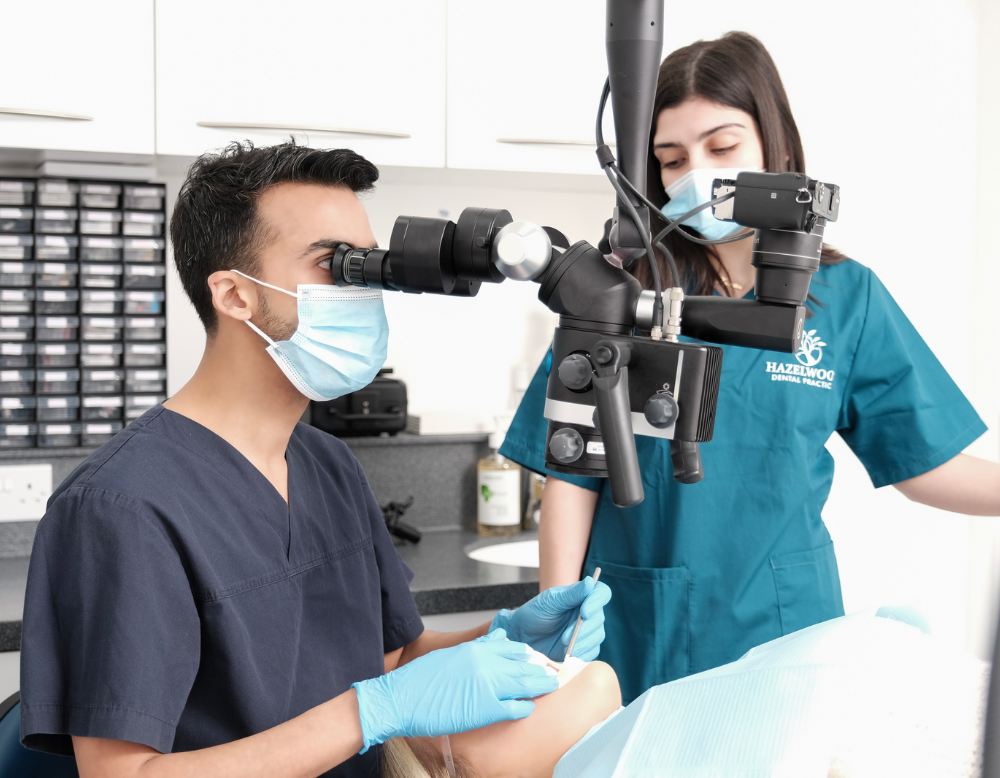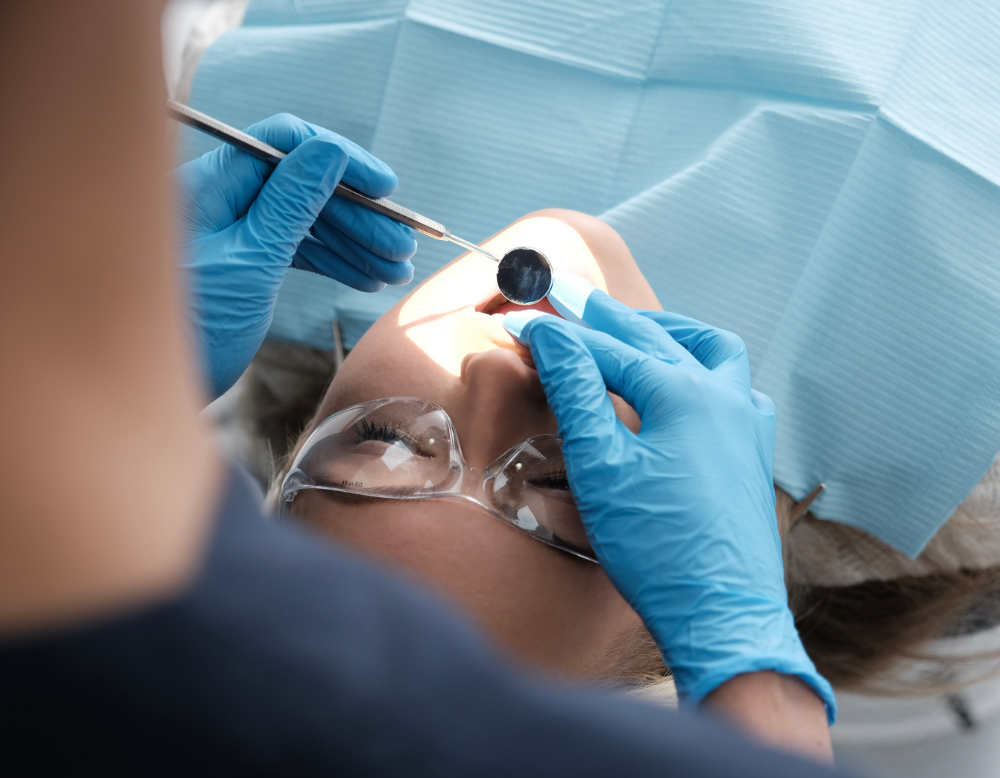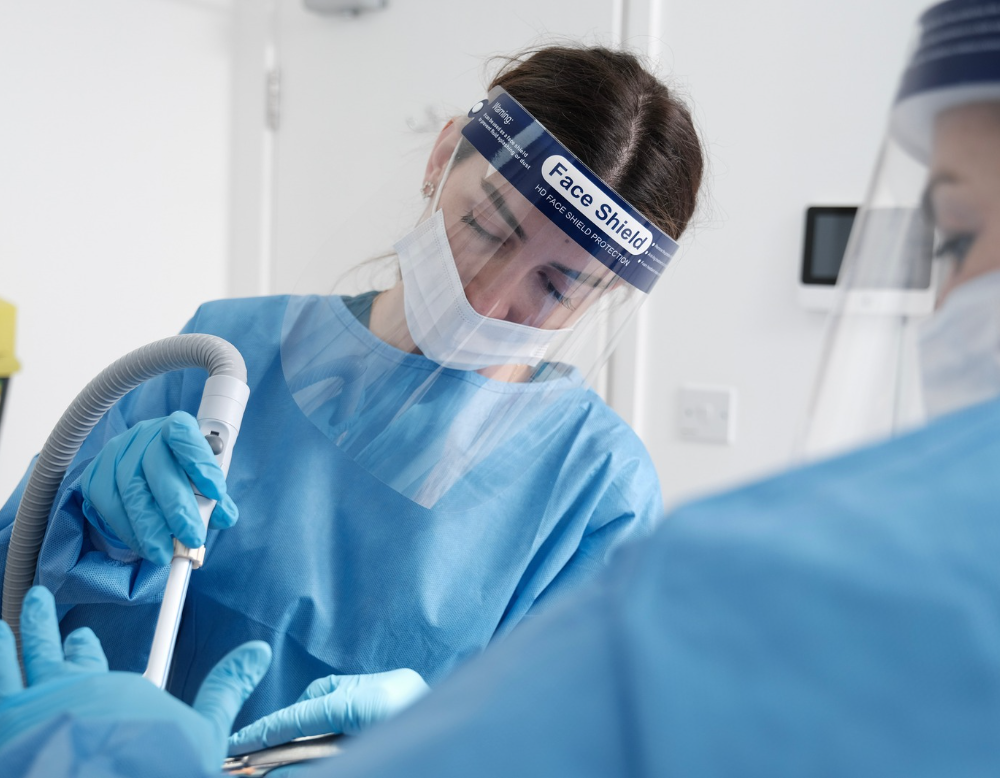









One of the most common dental problems is cavities. Nearly all adults in the UK have cavities to some degree, and many children have cavities in their milk teeth. This is despite the well-known causes of cavities (poor dental hygiene, sugar, fizzy drinks and acidic foods).
Given that cavities are so common, how can we prevent them? Don’t worry: in this post, we’ll go over the basics of how to prevent cavities and how cavities develop if you don’t do anything to stop them.
Now you know what it’s like to have cavities. You’ll probably want to know how to prevent them. Here are the main things you can do to prevent getting a cavity:
If you’d like to see one of our dentists about cavities, book an appointment by calling us on 020 8882 3180. We’re looking forward to seeing you!
Back to Blog
“I had a tooth extraction with Dr Femi and his nurse, Christine, today; they are the best! I was very nervous, and they both made me feel at ease, ensured I was okay and explained the process in detail to me. I am very happy and already feel better. Dr Femi is the best and...”
“I’m so happy I’ve been given the all-clear after being fitted with dental implants. Thank you, Dr Hussein Asaria, for performing the surgery with minimal discomfort and feeling so at ease throughout the procedure. I am so glad the procedure went smoothly, and I recovered really well. I am pleased with the results and wish...”
“I was a nervous patient and was worried about having my tooth taken out. Dr Femi and his nurse were so amazing. I had a denture to be fitted, and he did that. It was done very quickly, and the nurse was very caring. I have to say I have had no pain since. This...”
“Dear Hazelwood Dental Practice, just to let you know that Femi and Christina did a fantastic job on my mother removing 3 front teeth. She had a bit of pain with the injections, but apart from that, there was no pain with the removal of the teeth and no pain thereafter. As my mother was...”
“I had a tooth extraction with Dr Femi and his nurse, Christine, today; they are the best! I was very nervous, and they both made...”
“I’m so happy I’ve been given the all-clear after being fitted with dental implants. Thank you, Dr Hussein Asaria, for performing the surgery with minimal...”
“I was a nervous patient and was worried about having my tooth taken out. Dr Femi and his nurse were so amazing. I had a...”
“Dear Hazelwood Dental Practice, just to let you know that Femi and Christina did a fantastic job on my mother removing 3 front teeth. She...”
Error: No connected account.
Please go to the Instagram Feed settings page to connect an account.


